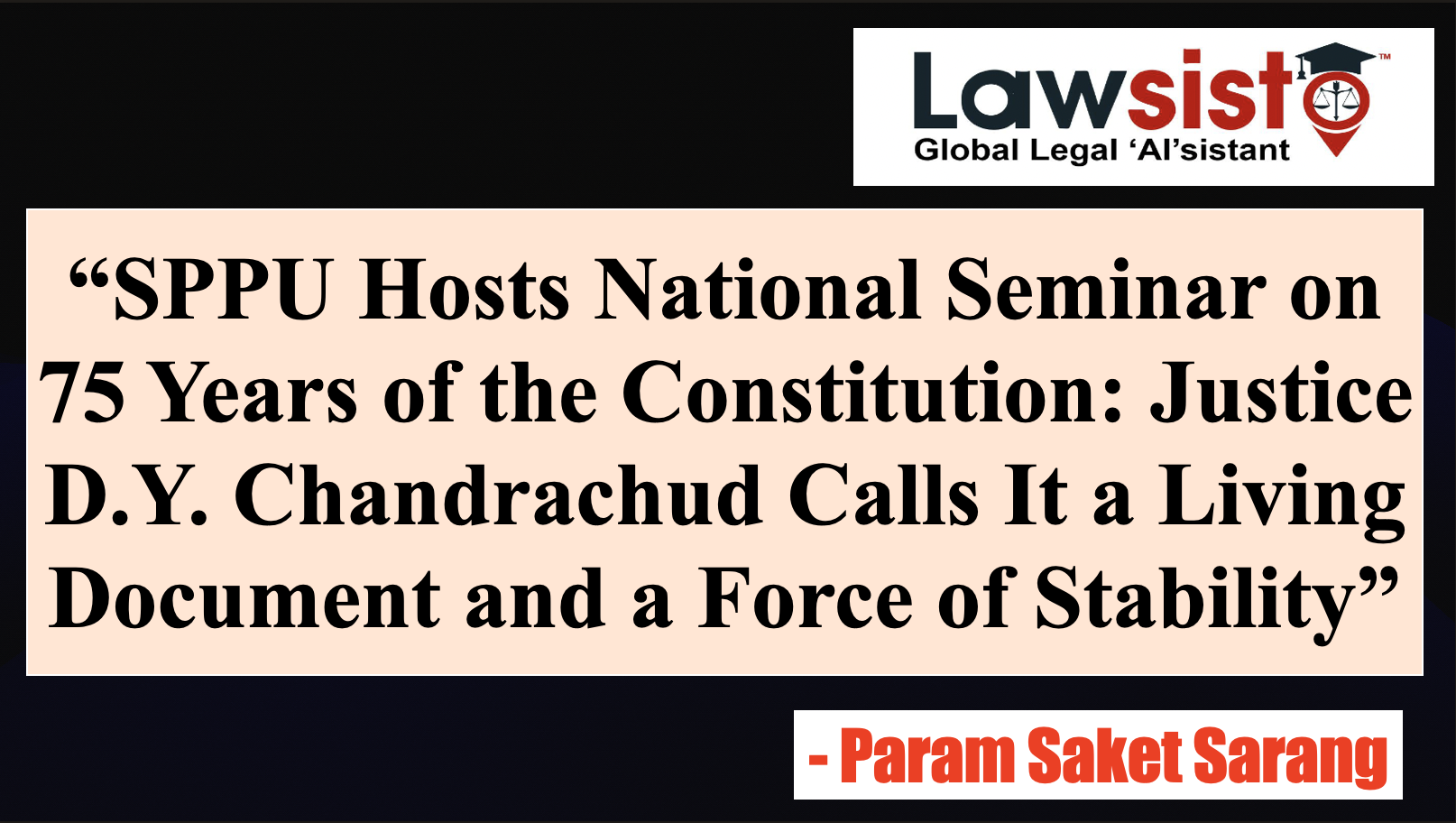Latest Articles
The Process of Passing an Ordinary Bill in the Parliament

The fundamental functions of the Parliament includes making laws for the country, amend existing legislatures and to repeal old laws. In a Welfare State like ours, the purpose of the law is to mitigate public hardship to the greatest extent possible to curb social, political and economic evils and to ensure justice for all. These laws are made by the Parliament at the central level and by the State Legislative Assemblies at the state level. Schedule 7 of the Indian Constitution divides powers and functions between the Centre and the State comprising of 3 lists - Union List, State List and Concurrent List. Articles 107, 108, 109, 110 and 111 deals with passing of Bills in the Parliament.
There are 4 types of Bills namely, an Ordinary Bill, Finance Bill, Constitutional Amendment Bill and Money Bill. A Bill can originate either in the Lok Sabha or the Rajya Sabha and may be classified as a Government Bill or a Private Members Bill. This solely depends on who introduces it – a Minister or regular MP. The Bill starts making its rounds in the parliament by being circulated at least 2 days before it is to be introduced but the Speaker has the power to waive this condition off. Then the MP in charge of the Bill asks for leave to introduce the Bill. If granted, it is introduced. This is considered to be the First reading of the Bill after which, the Bill is referred to the Standing Committee for examination and the committee may or may no choose to take public opinion on the Bill. The Committee then submits a report on the Bill to the House. The concerned ministry, then, examines the report and if required, amends the Bill or may even withdraw it. It may even be replaced by an entirely new legislation in some cases. In any case, the Bill is not to be taken up discussion again until after the Committee has submitted its report. It is then taken up for discussion and different amounts of time for debate over the Bill are allocated for various political parties, based on each one’s strength in the House. Each party’s leadership decides which of its MPs should speak in the given time and this is the Second Reading of the Bill. Then there is a discussion on the motion that the Bill be passed, followed by a simple voting process in each House. After both Houses pass the Bill, it is sent to the President of India for their assent. Only after this does a Bill turn into an Act. The President has the power to withhold assent and return the Bill to the House for reconsideration but if both the Houses pass the Bill again with or without amendment, the President is bound to assent. This is followed by notification in the Gazette.
















































































































































































































































































































































































































































